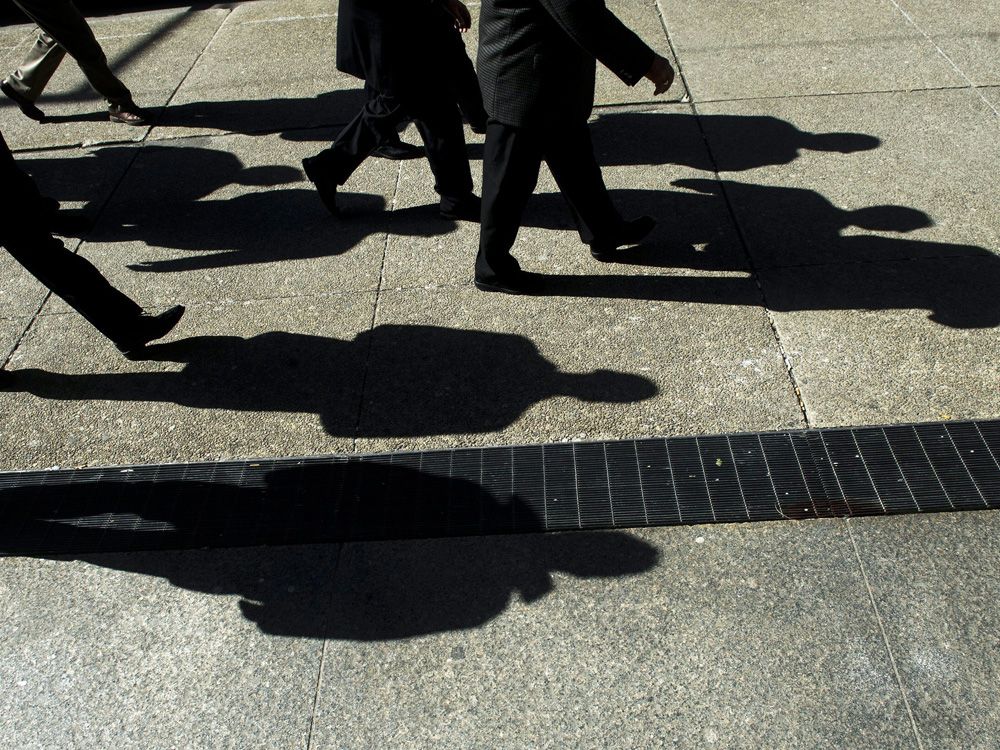Michael H. McCain: We need a new charter for capitalism, and here’s what it should include

Yes, capitalism is in peril, and requires revolutionary thinking

Article content
Capitalism as we know it, requires a revolution in our thinking.
Advertisement
Story continues below
This advertisement has not loaded yet, but your article continues below.
Article content
A recent survey of 34,000 people from 28 major countries found that 56 per cent of respondents believe capitalism does more harm than good. I believe the capitalism we have been born into, which reaches back to well before the industrial revolution, has delivered extraordinary outcomes for humanity. Yet, we now know this has come with terrible, inexcusable consequences directly connected to the foundation of our way of life. The trade-offs are too great.
Our home, planet Earth, is on fire and the strength of our environment is deteriorating. Globalization has delivered overall prosperity, but largely in the context of a race to the bottom. There has been an intolerable rise in gross inequality and social injustice. We have experienced endless human conflict. And there has been a rapid decline of trust in all our institutions.
Advertisement
Story continues below
This advertisement has not loaded yet, but your article continues below.
Article content
My generation has failed the “future test” because of our short-term interests. This will not solve itself. The enormity of the challenges we face requires a re-think: A revolution of thinking to create a new “Charter for Capitalism”.
Drawing on the insights and learnings from failure, I offer six themes to consider.
A new Charter for Capitalism should:
1. Recognize multi-stakeholders equally , rejecting the primacy of shareholders, by including the environment, natural life and society as equally critical stakeholders.
2. It should disadvantage short-termism , one of the curses of modern capital market function, creating specific financial and motivational tools to accomplish this.
3. It should welcome government regulation to create level competitive playing fields, not opportunity; rejecting the race to the bottom. Of course, all regulation must be efficient and effective, delivered by more cost-sensitive governments to avoid waste.
Advertisement
Story continues below
This advertisement has not loaded yet, but your article continues below.
Article content
4. It should redefine human rights to include a comprehensive, secure social safety net. Inequality is social impairment, and these human rights should include the right to a secure home, the right to a secure basic income, the right to secure food, the right to secure healthcare, the right to secure education, the right to equality of opportunity and the right to live in a healthy planet.
-

Terence Corcoran: Moonstruck economics
-

William Watson: Is COVID care on a wartime footing?
-

Colin Craig: Polling shows Canadians are ready for health reform
5. It should embrace contributing a bigger share of the cost of these social human rights by privileged people who have the means, rejecting the notion it as a mere transfer of wealth.
Advertisement
Story continues below
This advertisement has not loaded yet, but your article continues below.
Article content
6. And finally, it should ensure all commercial relationships are premised on this new Charter, including assurance of jurisdictional breadth and consistency, locally, regionally and globally, and institutionally supported in places such as a revitalized World Trade Organization, to roadblock opportunism.
I don’t believe this is a rejection of everything we know about a capitalist society and the progress it has delivered. I would never advocate turning our back on it. I believe a new charter should be a revolutionary new version, which would create the world our generation should have left the next but hasn’t … at least not yet. It is a view of value creation that we are pursuing at Maple Leaf Foods, one that sees great business opportunity by channeling our resources to tackle the monumental social and environmental issues of our time, including our climate crisis and food insecurity.
Leading this effort cannot be confined to government, NGOs or social activists. It can only succeed with the direct engagement of forward-thinking business leaders.
Yes, capitalism is in peril, and requires revolutionary thinking. Change begins with a new vision for the future. Some might face this prospect with denial, cynicism or fear. I think it offers hope for a sustainable and equitable path forward — and hope is always inspiring.
Michael H. McCain is the president and chief executive of Maple Leaf Foods Inc.
Advertisement
Story continues below
This advertisement has not loaded yet, but your article continues below.








